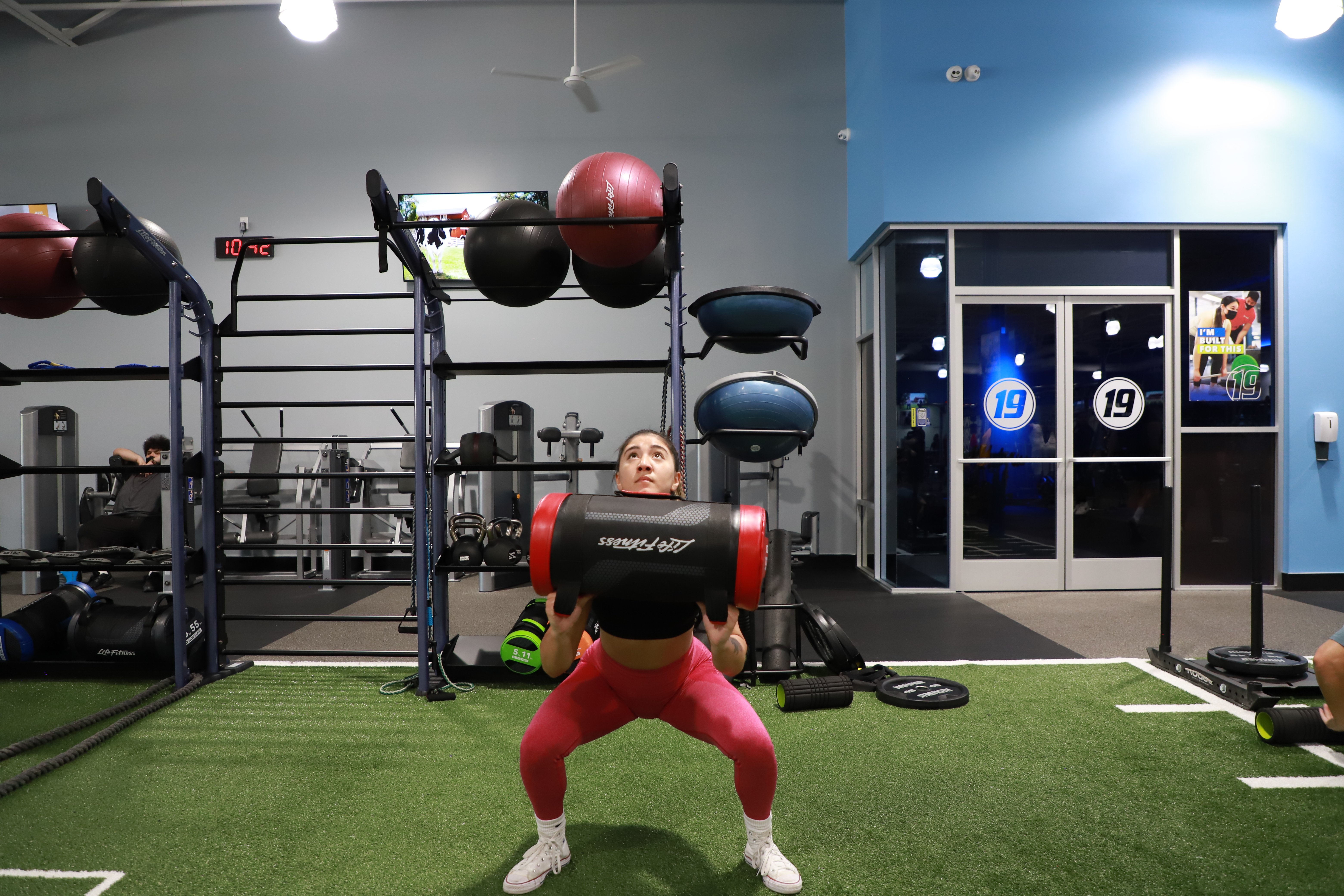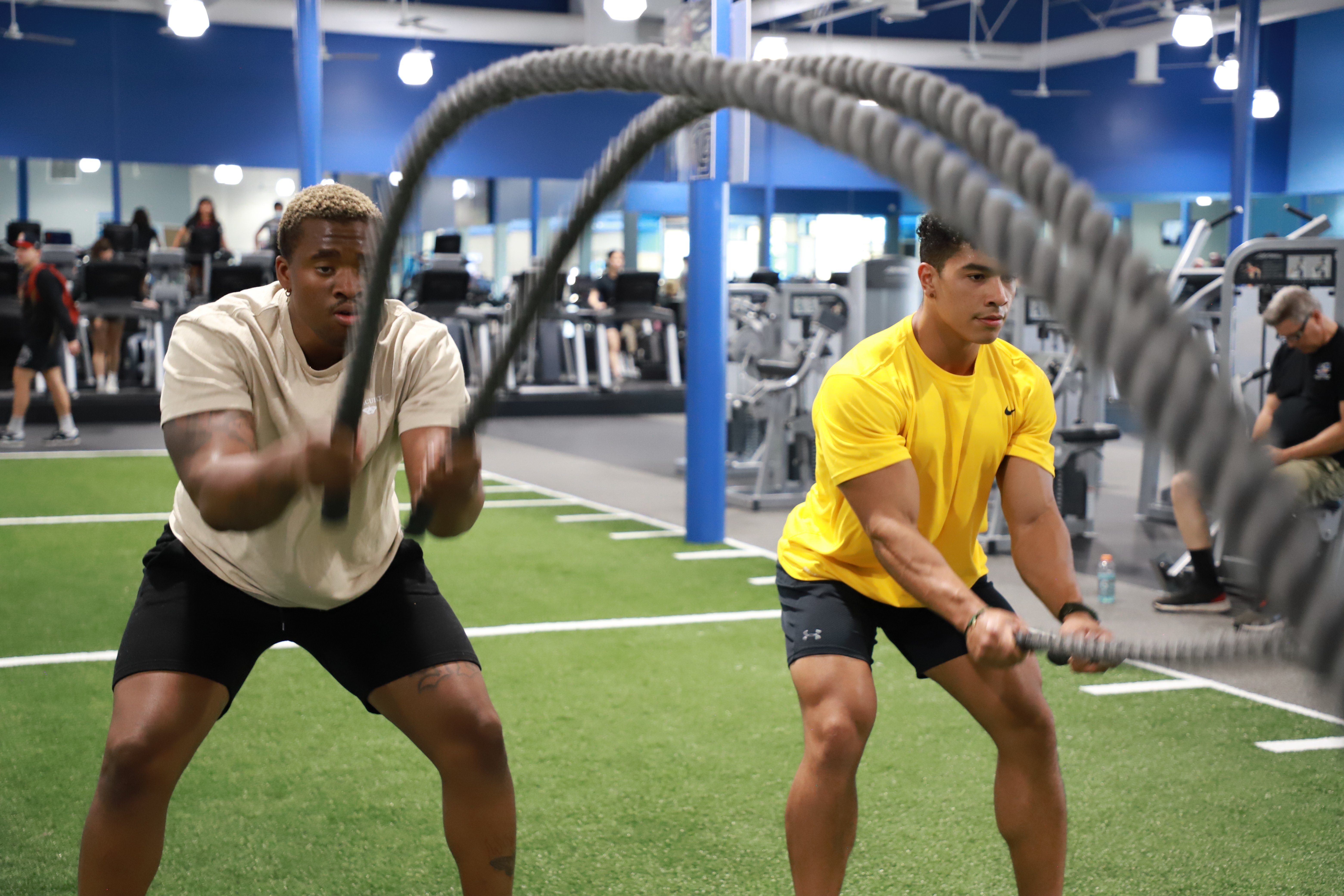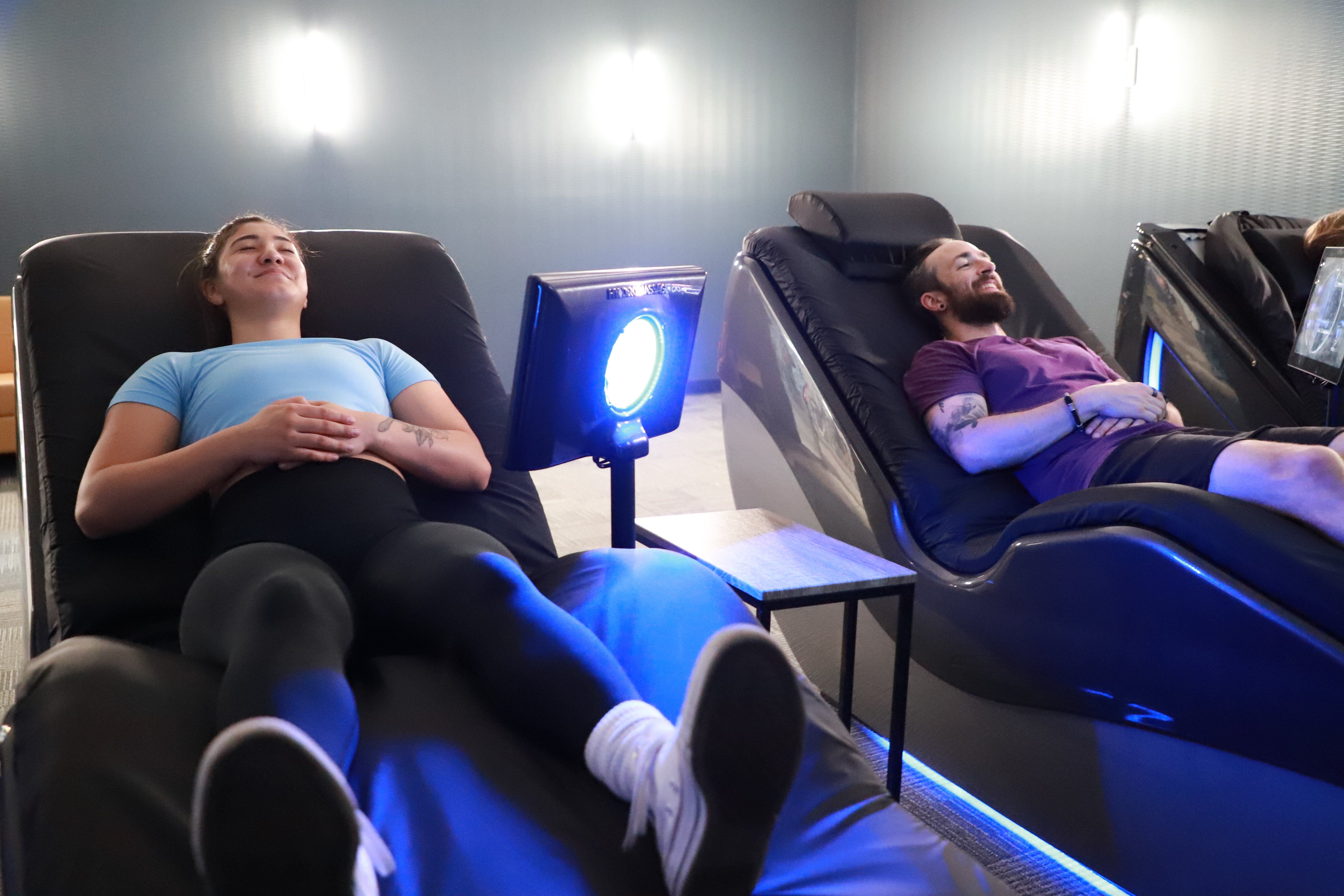- Blog
- 5 Signs Of Overtraining, And What To Do About It
- July 24, 2021 |
- Strength Training | General Health and Wellness | Muscle Recovery
5 Signs Of Overtraining, And What To Do About It

Overtraining can lead to a decrease in performance as well as an increase in the risk of injury or illness. The best way to avoid it is by listening to your body - know when it needs rest and recovery time so that it can rebuild itself for future workouts.
In this post, we'll be talking about overtraining - what it is, its signs, why it occurs, and what you can do to avoid it.
What Is Overtraining?
Overtraining can happen to anyone, from beginners to advanced athletes.
It is caused by overusing your body's energy resources. This occurs when the rate of energy expenditure exceeds the body's ability to replenish those resources on time.
The more intense your workout and training is, the more rest you need in between sessions for proper nervous system and muscle recovery. If this happens repeatedly over a long period of time, then it impedes weight loss and gains in endurance.
It also reduces the body's immune system, which means that if you are already sick or injured, it can exacerbate them to make you feel much worse than you would without overtraining.
When it occurs, it can take you a few weeks to over a year to recover depending on the severity. It can occur from working out too hard, too long, or too often. A lack of sleep combined with overtraining will put your body in overdrive.
 5 Signs of Overtraining:
5 Signs of Overtraining:
The key is to know what it really looks and feels like. Listen to your body so that you can fix it before it becomes a serious problem.
Doing too much over time and overworking yourself will cause an imbalance between training and recovery over time.
You may experience losing motivation, increased irritability, sleeping problems, decreased performance over time, increased risk of illness, and chronic muscle soreness. Here are the top 5 signs of overtraining to watch out for.
1. Insomnia
Overworking could make it difficult for you to sleep. Insomnia will cause a change in sleeping habits and may result in not being able to sleep at all, waking up earlier than normal, or just feeling tired over time.
2. Decreased performance
You'll start to notice a decrease in performance over time especially over an extended period of overtraining. You may see a decrease in strength, speed, and endurance over time which might eventually lead to overexertion which causes an increased risk of injury or illness.
3. Increased irritability
You may be overtraining if you find yourself having any of these signs: an increased meltdown threshold, a lot more adrenaline than usual, and feeling low energy. Proper recovery is key for mental health.
4. Increased risk of illness
If overtraining is not addressed or you overwork yourself, it can cause an increased risk of over-consumption of the immune cells in your body.
This is the main cause for overtraining when you start to see symptoms such as constant colds, over-stressing your immune system, and health problems over the long term.
5. Chronic muscle soreness over time
Feeling of pain in your muscles all over. This is different from delayed onset muscle soreness (DOMS) which normally only occurs for a few days following an intense workout.
Example of Overtraining
A great example of overtraining is when you overdo it on the weights.
You are trying to gain mass, so you overwork your muscles by increasing the weight being lifted over time. Eventually, over time this will take a toll not only on your body but mentally as well. You'll find that overtraining can cause depression and overexertion which makes it hard to enjoy your workouts and over time you'll see a decrease in performance.
What to Do if You've Overtrained?
Know whether you've overtrained by recognizing any of the 5 signs listed above. If you think that you might be overtraining, here's what to do:
 Know your limits and listen to your body
Know your limits and listen to your body
Knowing your limits is an important factor when overtraining occurs. It's hard to listen to your body over time as you become more and more fatigued, but over time it will become easier and you'll have a better understanding of your limitations. This way you can adjust your workouts when you start to feel the signs.

Increase your sleep
Increasing your sleep will help you to recover faster. Sleep will help regain your strength and over time will allow you to feel better over an extended period of overtraining. Consider taking a rest day!
 Change up your workouts over time
Change up your workouts over time
As you overwork a certain muscle group over time, then overtraining can occur. By changing up your exercises, you won't overwork one set of muscles over another, and overtraining will not occur with the same set of exercises done over and over again.
 Increase hydration
Increase hydration
Increasing hydration can help with overtraining by regulating your body temperature. When you're sufficiently hydrated, this will allow for better management of your body's temperature and a decreased risk of overheating during workouts.
Overheating is one of the main causes of overtraining, and by properly increasing your water intake, this can be prevented or decreased if it has already occurred.
Nutrient-rich diet
Good nutrition is important to maintain or build muscle, which will decrease over time if you don't consume enough calories and protein.
According to recent studies, low muscle glycogen led to overtraining. By consuming a well-balanced diet that has plenty of calories, protein, carbohydrates, and fats, then you'll be able to maintain your muscle mass.
When you do work out, your body will be able to recover faster because it has more nutrients that can help maintain a healthy immune system and keep muscles from getting sore or fatigued.
Key Takeaways
If you are looking to prevent overtraining in your own workouts, it is important that you know the signs and how to avoid them. The best way to avoid it is by knowing what causes it so that you can adjust accordingly.
By listening closely to your body over time as well as increasing rest periods or changing up exercises, will help decrease the risk of overtraining. It's also important not only to consider nutrition but hydration when preventing or combating fatigue from occurring due to long workout sessions. This way at least some aspects beyond exercise routines can be improved upon which may help give more energy during workouts and recovery post-workout sessions.
Citations
Kreher J. B. (2016). Diagnosis and prevention of overtraining syndrome: an opinion on education strategies. Open access journal of sports medicine, 7, 115–122.
Sign Up for a Free 3-Day Guest Pass!
No commitment is necessary.